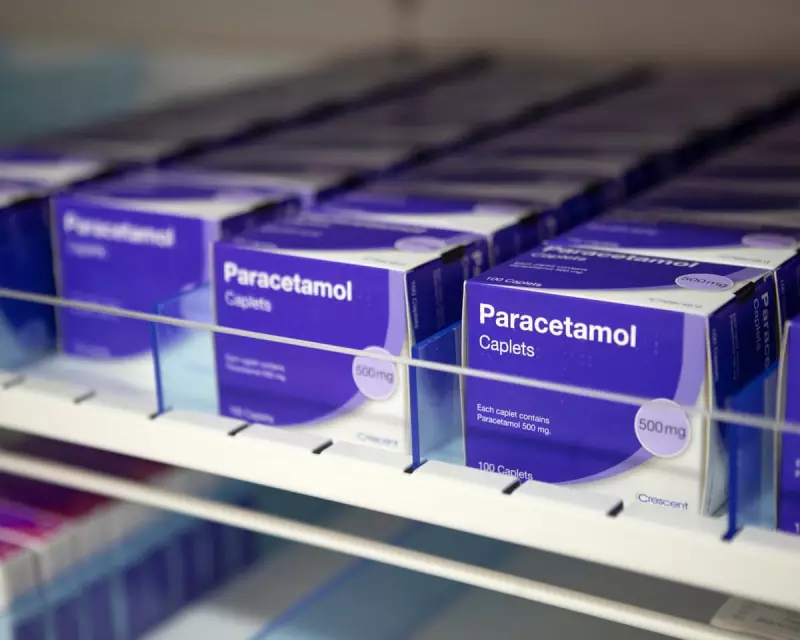
A major new study is sending shockwaves through the medical community, casting serious doubt on the long-standing safety profile of paracetamol during pregnancy. The research, one of the most comprehensive of its kind, suggests a significant association between prenatal paracetamol use and increased risks of autism and ADHD in children.
Beyond Headaches: A Closer Look at the Findings
The analysis, which scrutinised data from over 70,000 children, found that those exposed to paracetamol in the womb were approximately 20% more likely to be diagnosed with autism spectrum disorder (ASD) and 30% more likely to develop attention-deficit/hyperactivity disorder (ADHD). The risk appeared to be dose-dependent, meaning it increased with the frequency and duration of use.
Why This Challenges Current Medical Advice
For decades, paracetamol has been the go-to pain reliever for pregnant women, widely recommended by GPs and midwives as the safest option for managing pain and fever. This new evidence directly confronts that established guidance, forcing a critical re-evaluation of its use.
Professor Susan Smith, a leading pharmacoepidemiologist not directly involved in the study, commented, "These findings are compelling and cannot be ignored. While paracetamol remains an important medicine, we must now advise a precautionary approach—using the lowest effective dose for the shortest possible time during pregnancy."
What Does This Mean for Expectant Mothers?
Experts are keen to stress that this research identifies an association, not definitive proof of causation. However, the strength of the link warrants caution.
- Do not stop prescribed medication: Women should never discontinue medication without first consulting their doctor.
- Weigh the risks: The dangers of an untreated high fever or severe pain during pregnancy can also be significant.
- Practice informed use: The key takeaway is to use paracetamol judiciously—only when necessary and at the minimum effective dose.
The Call for Further Research and Clearer Guidance
The study's authors and independent experts are calling for urgent action. Key demands include:
- Updated guidelines from UK health bodies like the NHS and NICE.
- More research into the biological mechanisms that could explain this link.
- Clearer information for healthcare professionals to discuss with patients.
This research places a new responsibility on both expectant parents and healthcare providers to have more nuanced conversations about pain management, balancing potential risks against the very real benefits of this common medication.





